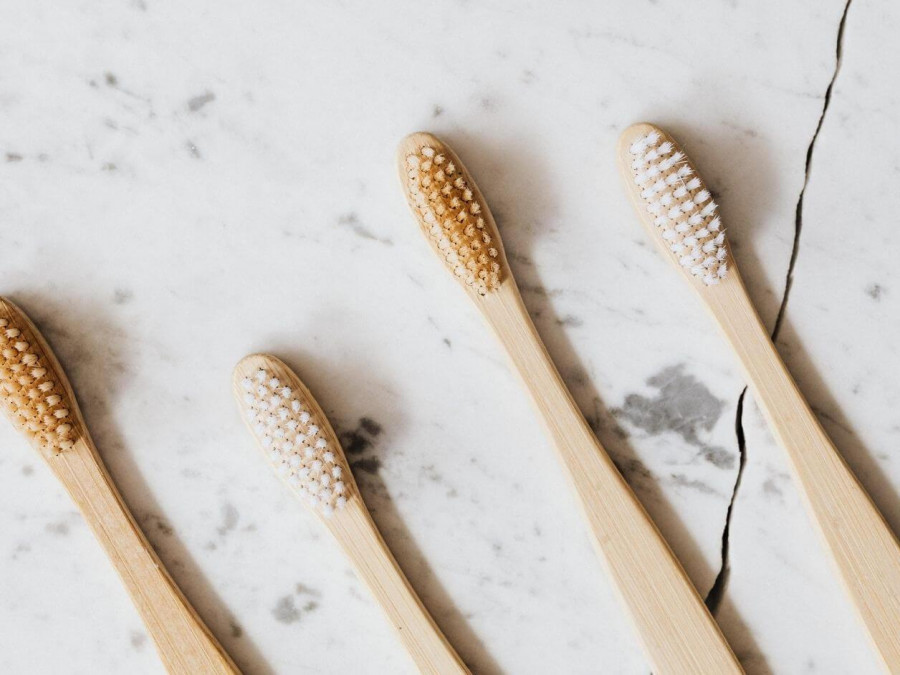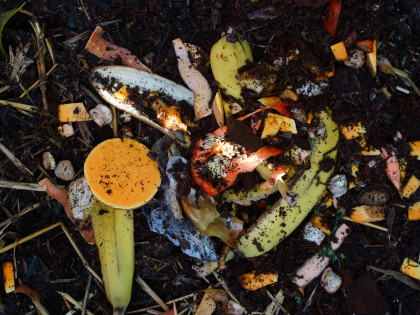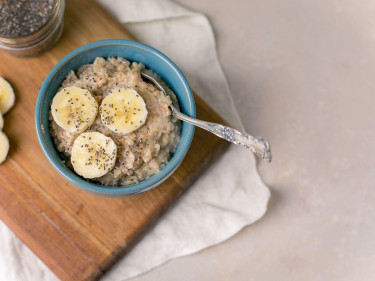It is Dental Health Week ! The theme of this year’s campaign is #Let’sTalkAboutGums
Maintaining good oral health and eating healthily go hand in hand. Here are four frequently asked question and answers about dental health and the role food plays.
1. What foods and nutrients are the best for dental health?
Dairy foods
Dairy foods (e.g., milk, yoghurt and cheese) are rich sources of the nutrients calcium, phosphorous and protein. These nutrients work to rebuild tooth enamel, helping to prevent tooth decay.
If you are looking for some new ways to incorporate dairy into your day, try our Spinach and Ricotta Cannelloni, Mango and Yoghurt Popsicles or our Honey & Cinnamon Hot Milk.
Fibre
Foods that are high in fibre require lots of chewing, which stimulates the production of more saliva. Saliva has antibacterial properties which helps to fight against tooth and gum decay.
Fibre rich foods include fruit and vegetables (especially when eaten with the skin) and grain foods (particularly wholegrain or wholemeal varieties).
Boost your daily fibre intake by snacking on our Quick & Easy Popcorn or having a slice of our Wholegrain Apple Crumble for dessert.
Fluoride
Fluoride is a mineral that works to prevent tooth decay by repairing and strengthening tooth enamel and by working in combination with calcium and phosphate.
In Australia, a large percentage of the water supply has fluoride added and this is the best source of fluoride, as well as toothpaste.
If you’re struggling to drink enough water, try:
- Keeping a full water bottle or glass visible next to you in your workspace and while eating meals.
- Adding a squeeze of lemon or lime, mint leaves or fruit e.g., strawberries to your water.
- Having a cup of tea or a bowl of soup (made with tap water).
- Adding in some ice cubes made from fresh fruit.
2. What foods are the worst for dental health?
Sugar
Sugar feeds the bacteria that live on the surface of your teeth, leading to more acid production, which speeds up the breakdown of tooth enamel, causing tooth decay. To limit this , the World Health Organisation recommends that <10% of total daily energy intake per day should come from free sugars.
To make a healthier swap, try some of our healthier sweet snacks:
3. What do polyphenols have to do with dental health?
Polyphenols are plant-based chemicals found in a range of foods. They have antioxidant properties, and work against tooth decay by interfering with bacteria and the acid production process.
A high intake of polyphenols can be achieved by eating a variety of foods from the five food groups. particularly fruits, vegetables, whole grains, herbs, spices, tea and coffee. Try Clare's Rainbow Rice with our Iced Fruit Tea.
4. Can probiotics help improve dental health?
Probiotics are 'good' bacteria that can be found naturally in your digestive system (gut), but can also be found in some foods such as yoghurt, kefir, sauerkraut and kimchi.
A systematic review looking at the benefits of probiotics for oral health found a variety of benefits of probiotics, including that they may
- Prevent halitosis (bad breath),
- Maintain a healthy balance of the oral bacteria types,
- Prevent the growth of dangerous bacteria that cause tooth decay and gum disease,
- Strengthen the oral immune system, boosting its defences against any mouth infections.
Although probiotic microorganisms have proven health benefits, their application in dental health does not have a lot of specific research to support it yet.
In addition to healthy eating, don’t forget to brush your teeth and have regular dental checkups!













